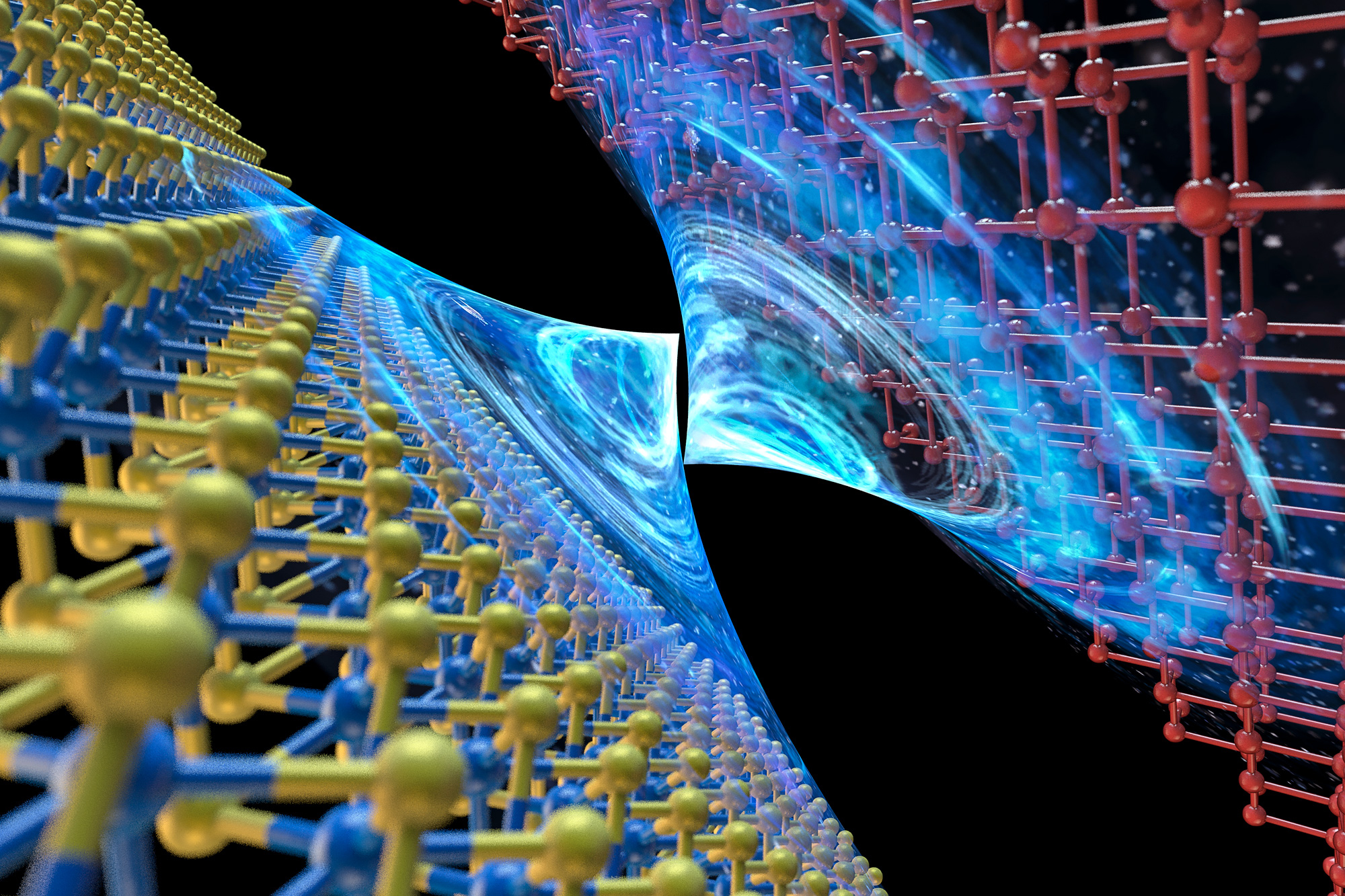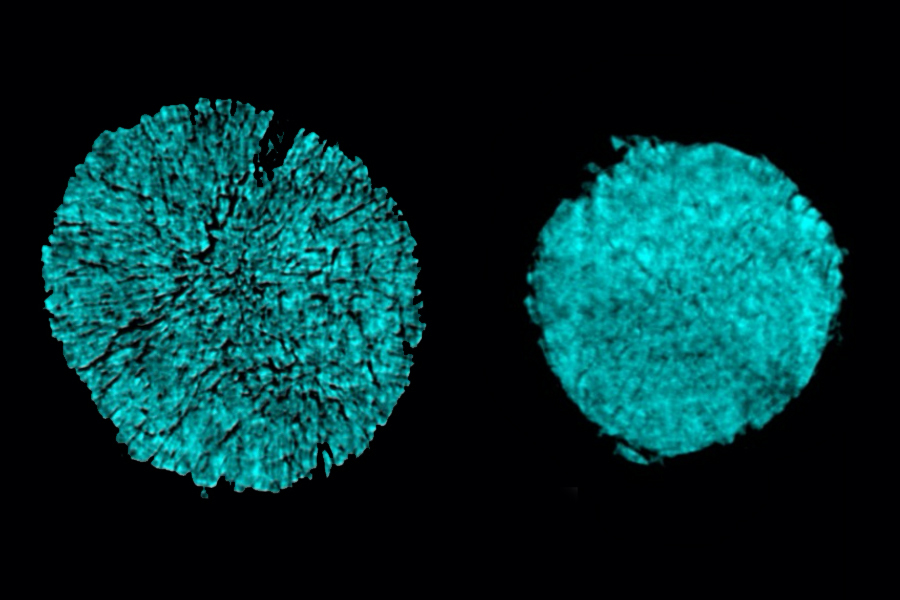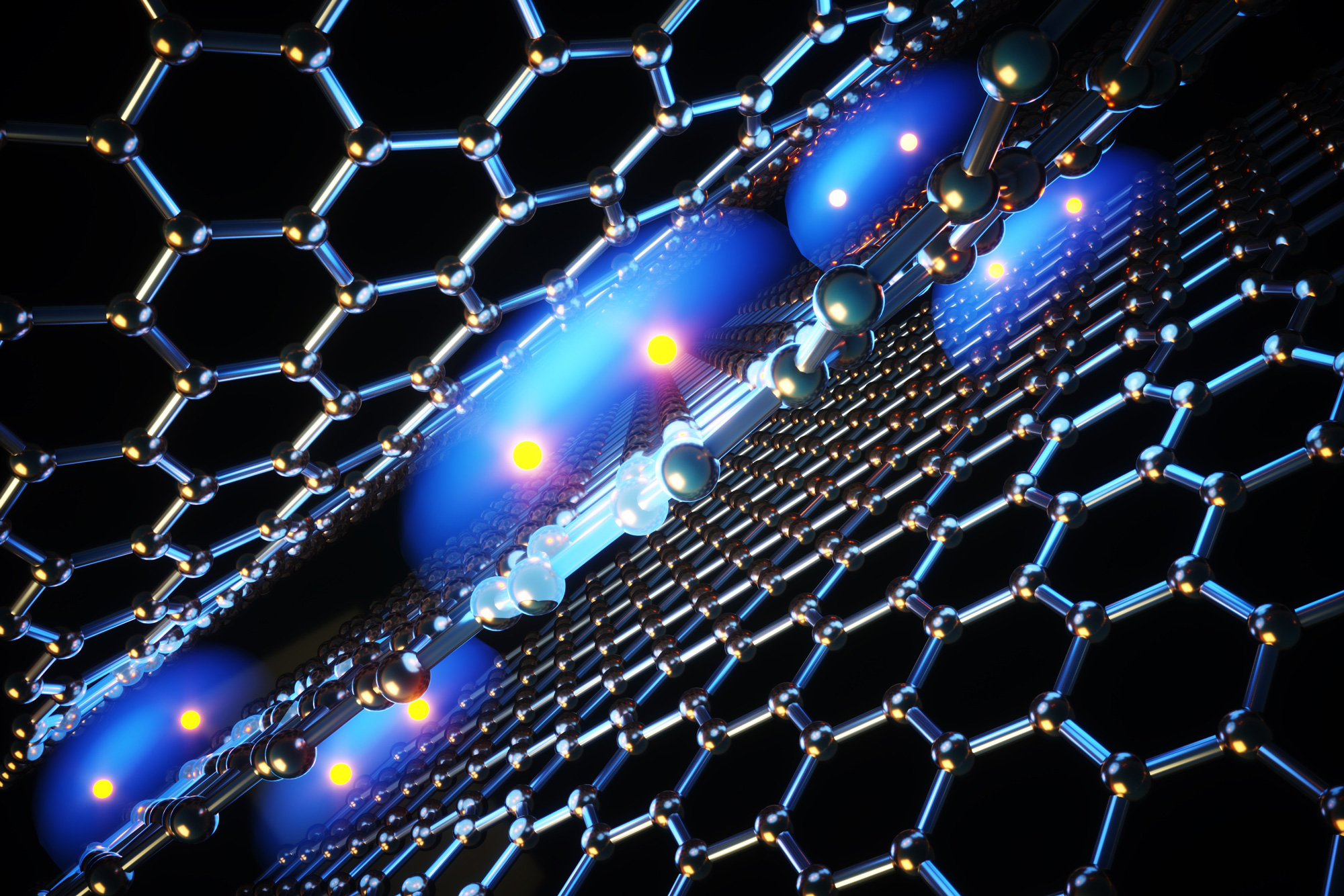Harvard, Princeton scientists make AI breakthrough for fusion energy
Scientists from Harvard and Princeton have teamed up to create an artificial intelligence algorithm that can predict destructive disruptions in nuclear fusion experiments
Mary Bergman
• harvard
April 22, 2019 • ~8 min
April 22, 2019 • ~8 min
/
1




